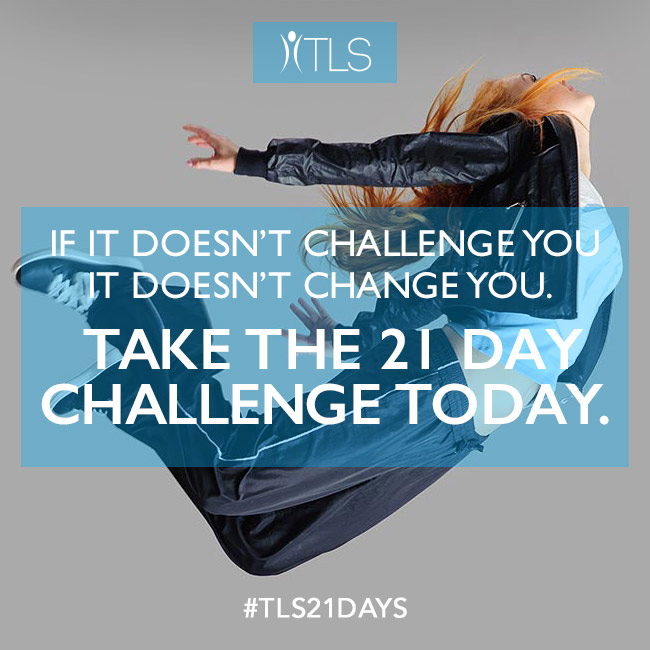A recent study from the Mayo Clinic shows that participants involved in a weight loss program are more likely to succeed when there are financial incentives involved. There have been previous studies conducted offering financial incentives for weight loss, but never with as many people, or as long of a time period.
The study divided 100 participants whom, fell in the obese range on the BMI scale, into four groups— two with cash incentives, and two without. All involved in the study were asked to lose four pounds a month for a year. The two groups with incentives were offered $20 a month for meeting their goal, but had to pay $20 if they didn’t. The money from those that failed to meet their goal went into a bonus pool, to be awarded in a lottery to one participant that completed the program in its entirety.
The final numbers from the study shed promising light on the future of weight loss. The rate of program completion among those in the incentive group was at 62%, compared to just 26% in the non-incentive group. Also, the average weight loss in the incentive group was just above 9 pounds, compared to only 2 pounds for the latter. Researchers even found that those who paid penalties for not reaching their goal were more likely to complete the study than those in the non-incentive groups.
With impressive numbers like that, why isn’t everyone paying people for losing weight?






Comments (0)